Impressions from Liechtenstein
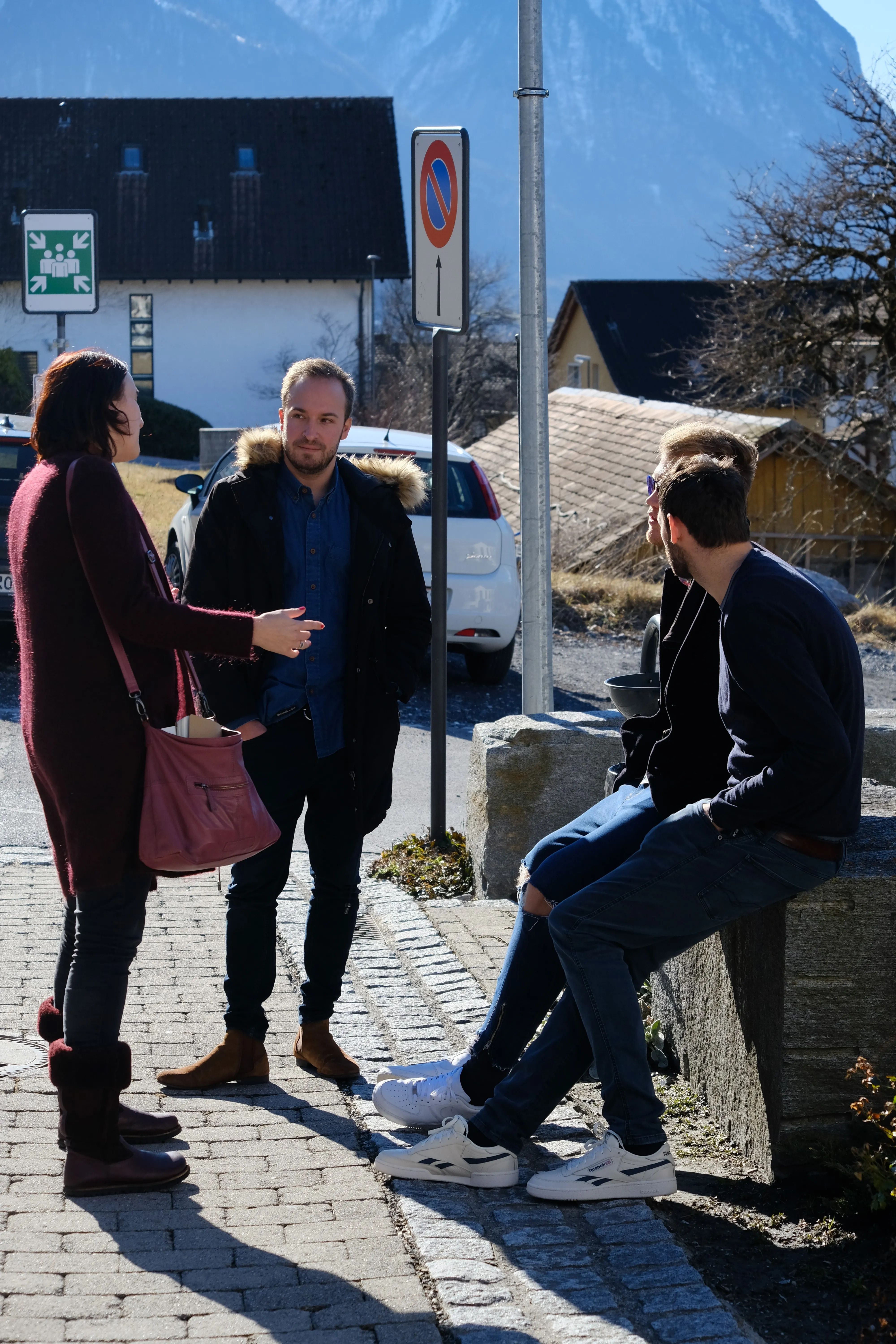

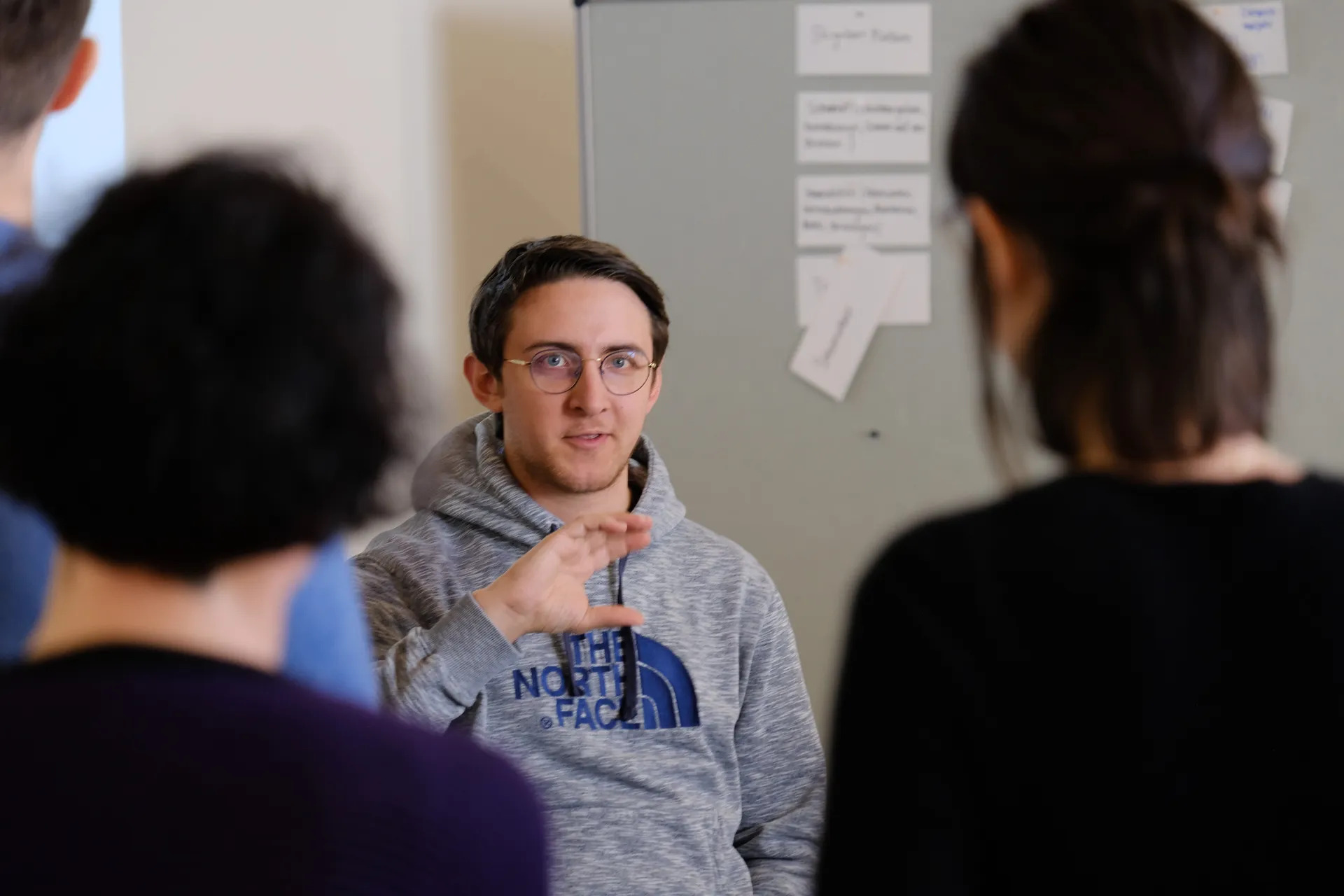

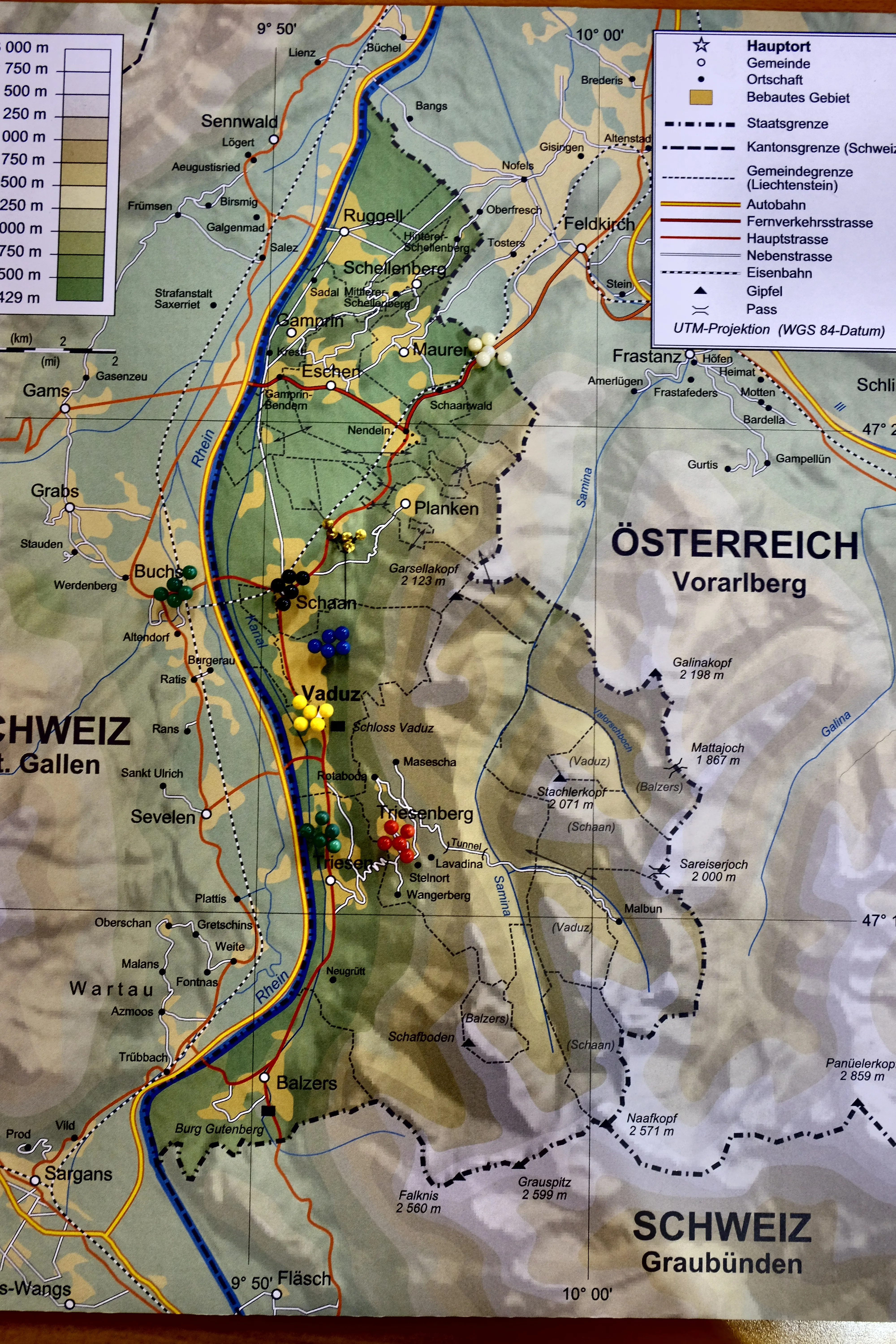

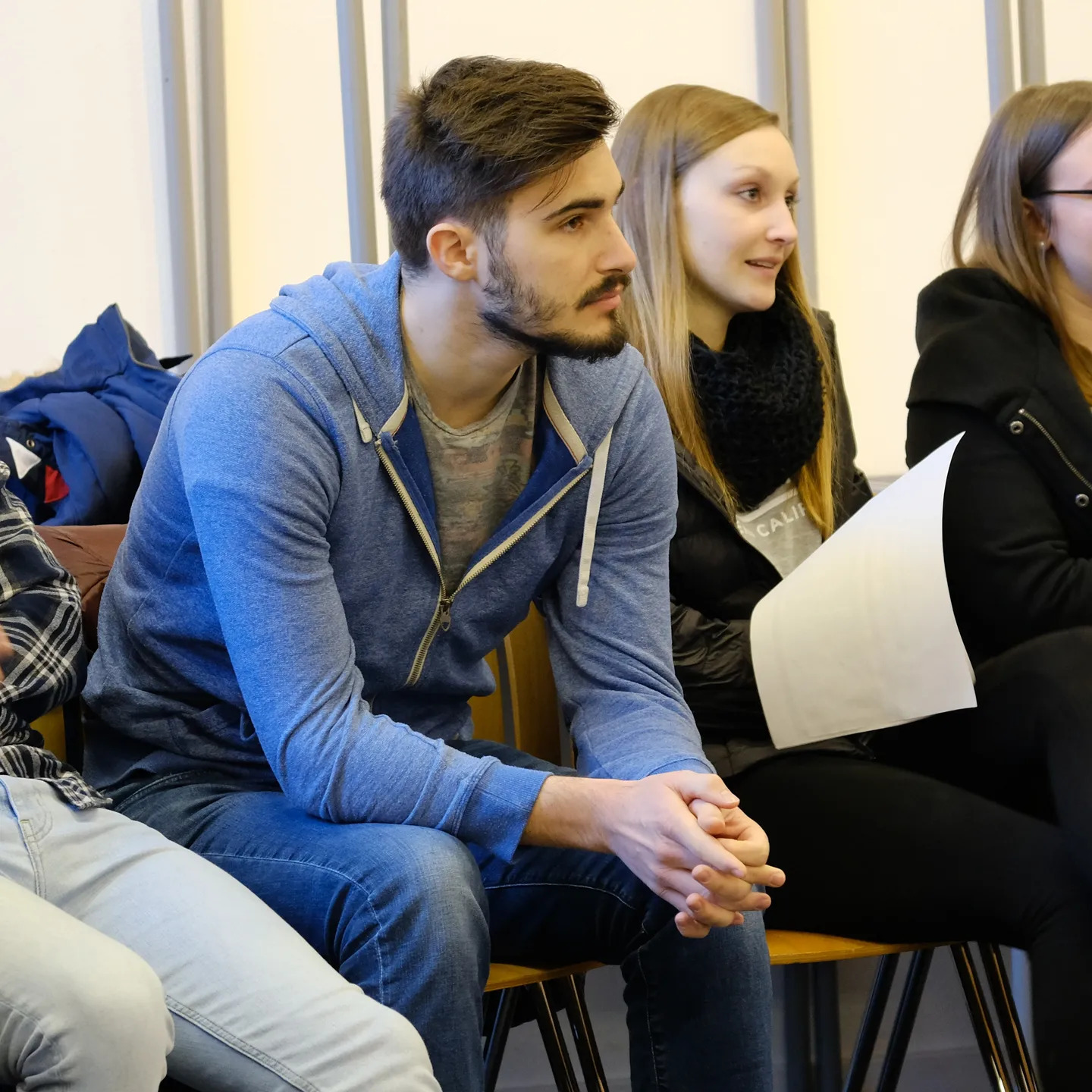

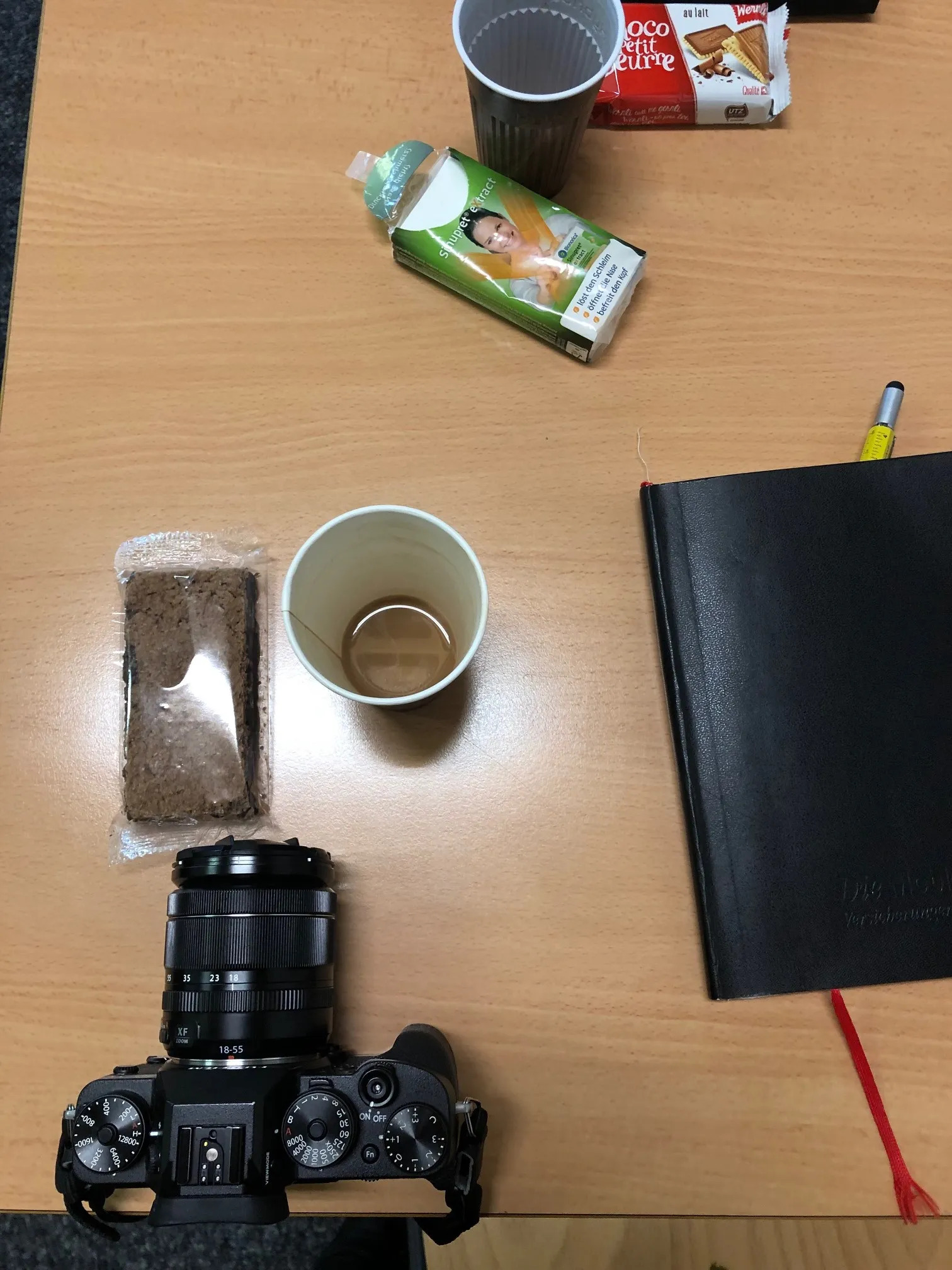

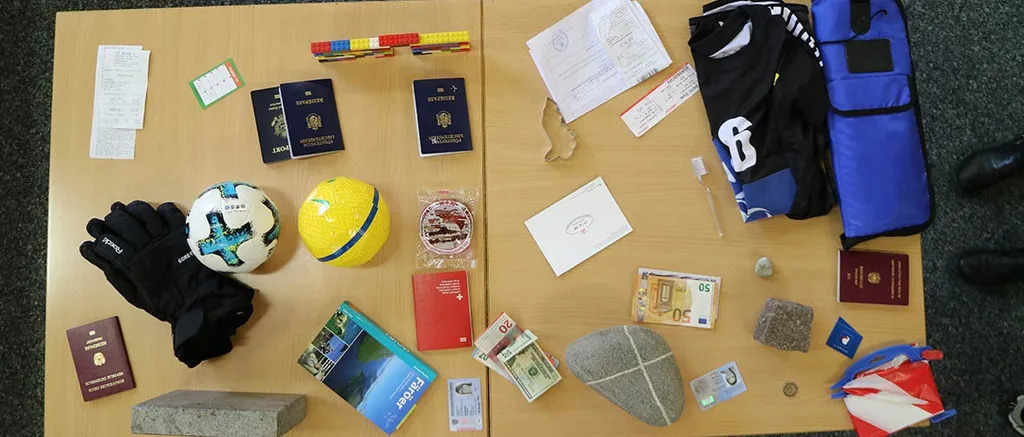

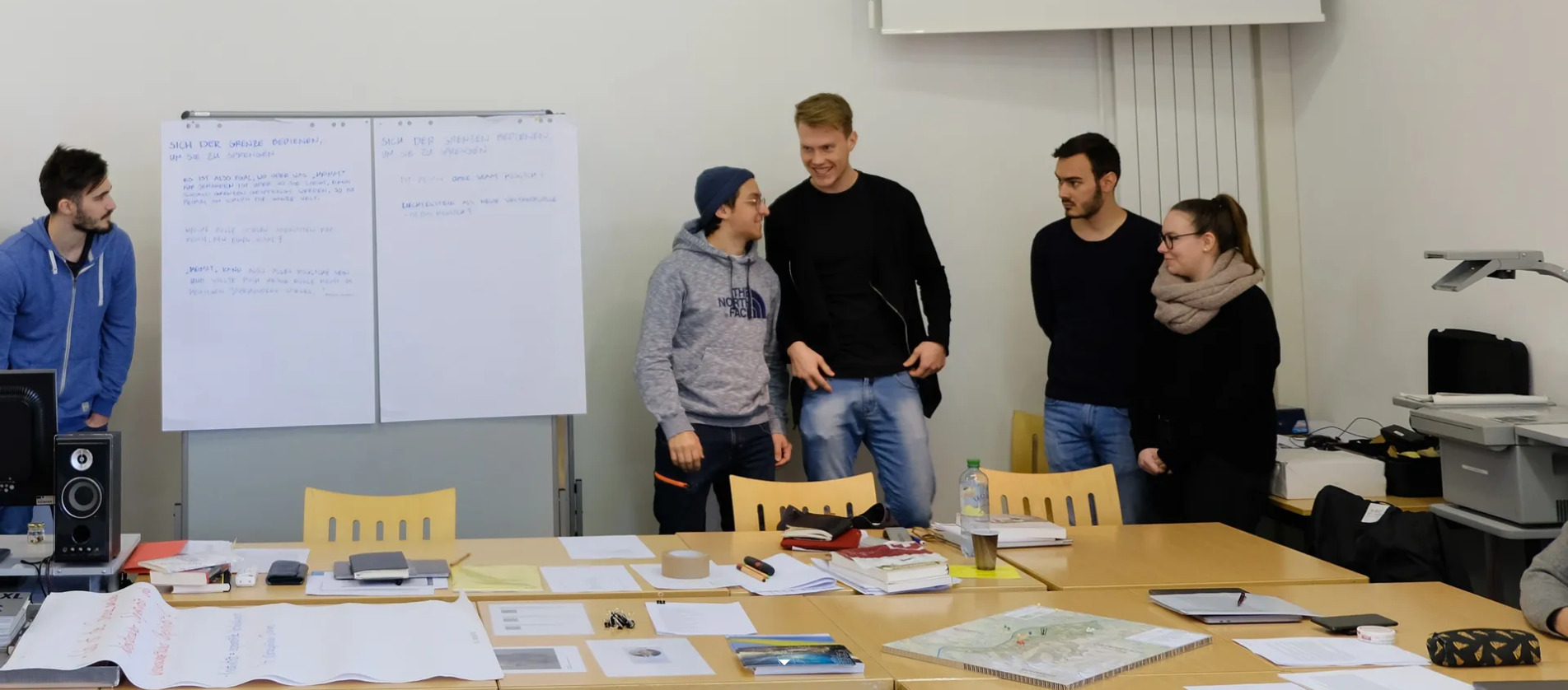

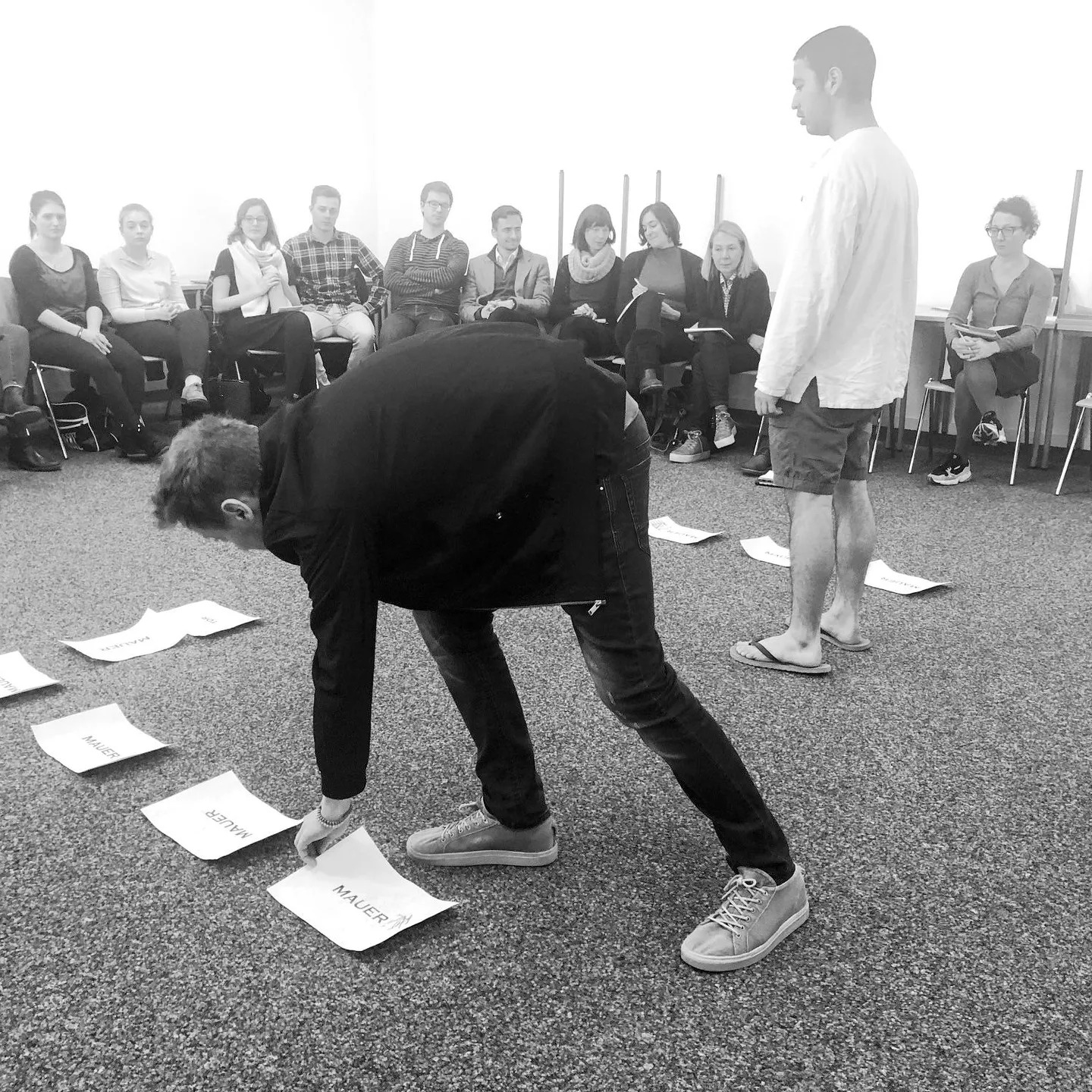

The course “Ethnographic exploration of border regions” took place as a block week in February 2019. It was the first exploratory course – and thus the first case study – in the “Values of Humanities” project and was organised by the Center for Humanities and Cultural Studies at the University of Liechtenstein.
Liechtenstein is an area that is geographically, nationally and politically defined and that offers a cultural system of order. But what defines this “border region”? How is it perceived individually, how is it experienced, what history and what stories are entwined around it? Which structures and rules have a specific effect, which are symbolic and what does the material design of this border region look like?
During the course, the border region was explored ethnographically by means of figures, images, and stories. Together with students, exploration took place as to which boundaries are effective politically, socially, symbolically or in everyday cultural ways and what junctions, transgressions and movements are generated by these boundaries.
















The learning outcomes and competencies to be acquired were formulated in advance as follows: The students...
...lernen theoretische und methodische Grundsätze der Ethnografie kennen.
...erproben ethnografische Methoden des Beobachtens und Zuhörens im Feld.
...stellen Bezüge zwischen ethnografischen Grundsätzen und der eigenen Fachrichtung oder dem eigenen Schwerpunkt der Architektur und der Wirtschaftswissenschaften her.
...reflektieren die Bezeichnungen "Grenzraum", "Raum" und "Kultur" und kennen unterschiedliche Zuschreibungen sowie Kontexte.
...diskutieren die Erfahrungen der eigenen empirischen, ethnografischen Feldforschungsübung.
Some of the students from the fields of entrepreneurship, architecture and business informatics had had little contact with the humanities approach. The interest, but also the friction arising from cultural analytical tools, the practice of critical questioning and an open-ended, free way of working and discussing was thus all the greater.
The frame of reference was theoretical and methodological principles of ethnography and cultural analysis, which the students applied independently. One focal point was on leaving the seminar room, going into the field, making observations from an “ethnographic viewpoint” and then discussing this together and reflecting upon it.
Pedagogically, the interdisciplinary team of lecturers made a variety of tools available to disrupt university routines and stimulate other ways of thinking.